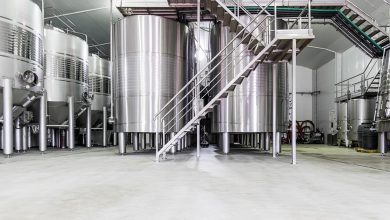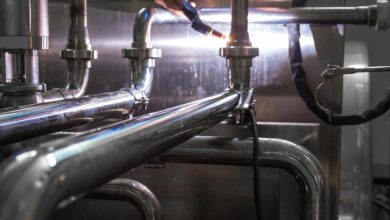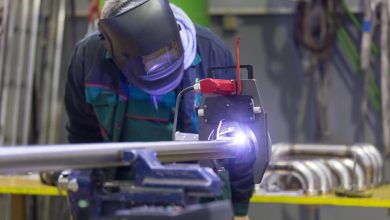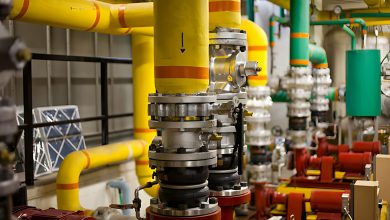Ensuring Strength and Efficiency: Unveiling the Power of Stainless Steel Tanks and Jacketed Boilers
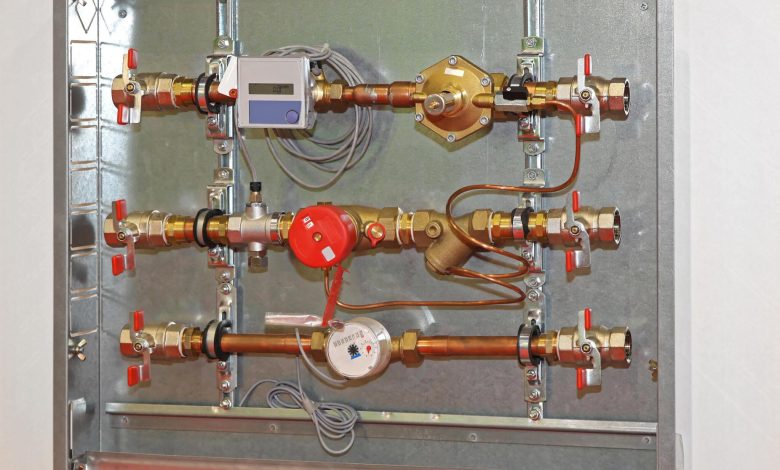
In various industries, from food processing and pharmaceuticals to chemical manufacturing and energy production, robust and efficient equipment is crucial for success. Two key players in this realm are stainless steel tanks and jacketed boilers. This blog delves into the benefits and applications of these versatile equipment solutions, highlighting their crucial roles in numerous projects.
Understanding Stainless Steel Tanks:
Stainless steel tanks offer a plethora of advantages, including:
- Durability and Corrosion Resistance: Stainless steel’s inherent properties make it resistant to corrosion, rust, and wear, ensuring durability and long service life even in harsh environments.
- Hygiene and Cleanliness: The smooth, non-porous surface of stainless steel is easy to clean and sanitise, making it ideal for applications requiring high hygiene standards, like food and pharmaceutical production.
- Versatility: Stainless steel tanks can handle a wide range of temperatures, pressures, and contents, making them suitable for diverse applications.
- Strength and Pressure Tolerance: These tanks can withstand high pressure and stresses, making them suitable for demanding applications in various industries.
Applications of Stainless Steel Tanks:
Stainless steel tanks find widespread use across various sectors:
- Food and Beverage Industry: They are used for storing, mixing, and processing various food and beverage products like milk, beer, juice, and syrups.
- Chemical Processing: These tanks are ideal for storing and handling various chemicals, including acids, alkalis, and solvents.
- Pharmaceutical Industry: Stainless steel tanks play a vital role in the production and storage of pharmaceutical products, ensuring sterility and hygiene.
- Water Treatment: These tanks are used for storing and treating water in various applications, including water purification and wastewater treatment.
Exploring the Power of Jacketed Boilers:
Jacketed boilers are a specific type of boiler featuring a double-walled design:
- Inner Chamber: This chamber houses the boiler water and generates heat through combustion or other heating elements.
- Outer Jacket: This surrounds the inner chamber and creates a space for a heating or cooling medium, such as water, steam, or oil. This allows for efficient heat transfer and precise temperature control.
Benefits of Jacketed Boilers:
- Improved Efficiency: The jacketed design minimises heat loss and ensures efficient heat transfer to the desired medium, leading to reduced energy consumption.
- Precise Temperature Control: The ability to control the temperature of the heating or cooling medium in the jacket allows for precise control of the overall boiler temperature, which is crucial for various processes.
- Uniform Heating: The jacketed design facilitates uniform heating, preventing hot spots, and ensuring consistent product quality in applications like food processing or chemical reactions.
Applications of Jacketed Boilers:
Jacketed boilers find application in various industries:
- Food Processing: They are used for heating various food products, such as syrups, sauces, and soups, while ensuring consistent temperature and product quality.
- Chemical Manufacturing: Jacketed boilers provide a reliable heat source for various chemical reactions and processes requiring precise temperature control.
- Textile Industry: They are used for dyeing fabrics and other textile processes where consistent temperature control is crucial for colour consistency and fabric quality.
- HVAC Systems: Some jacketed boilers serve as part of heating, ventilation, and air conditioning systems, providing hot water for building heating and other applications.
Conclusion:
Stainless steel tanks and jacketed boilers are essential equipment solutions for various industries due to their durability, efficiency, and versatility. From ensuring hygiene in food processing to delivering precise temperature control in chemical manufacturing, these robust pieces of equipment play a crucial role in achieving optimal performance across diverse applications.
